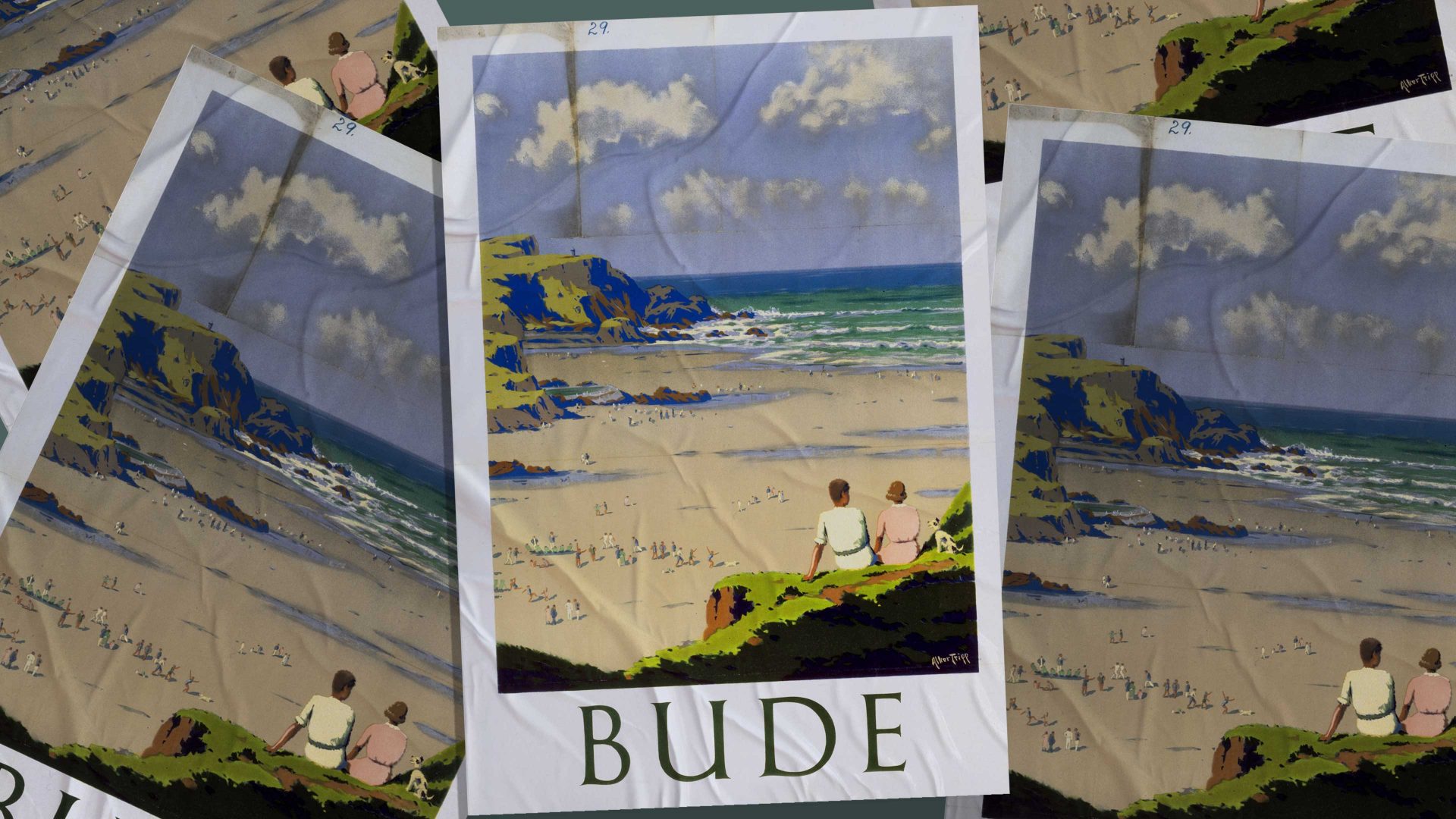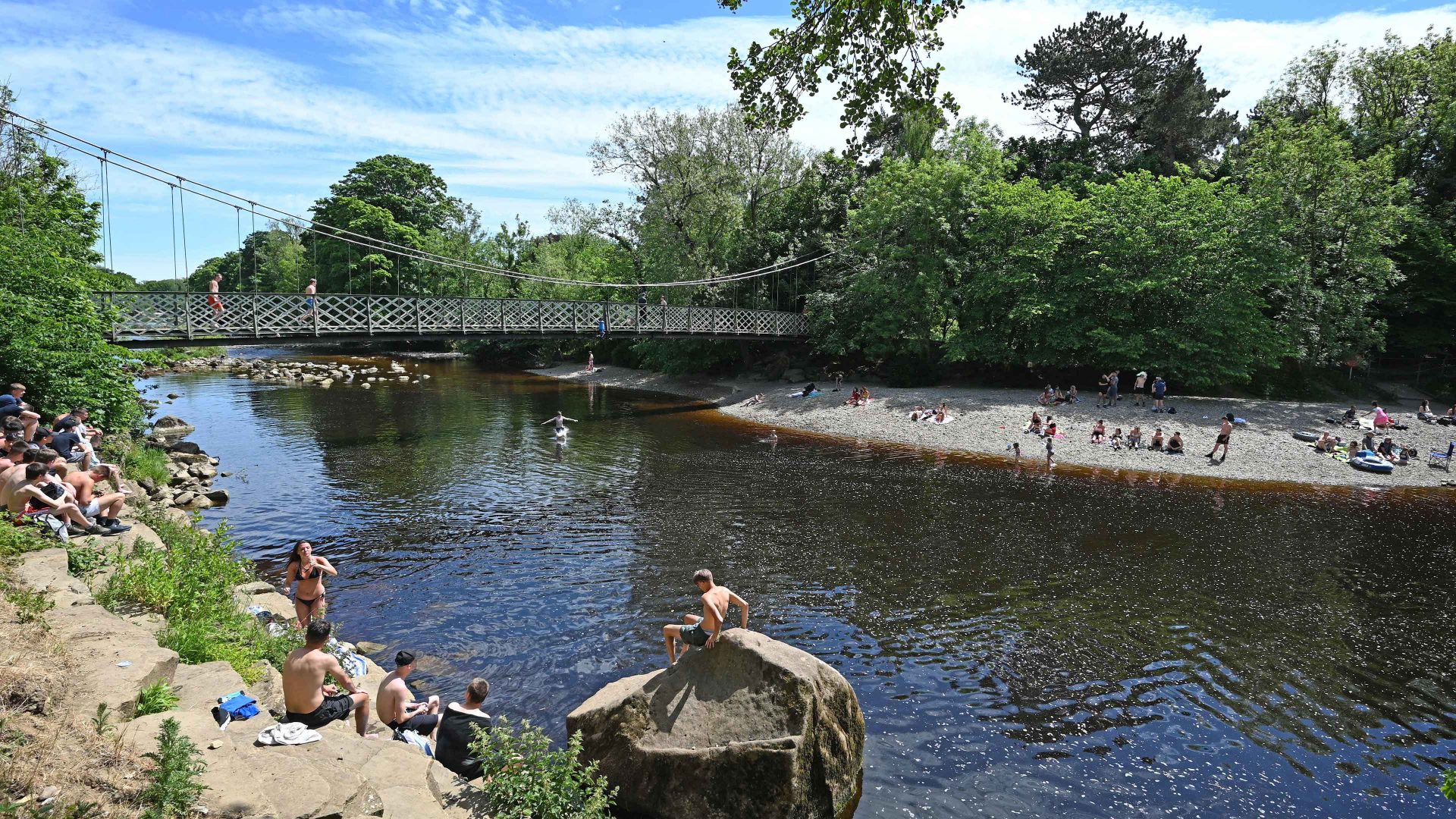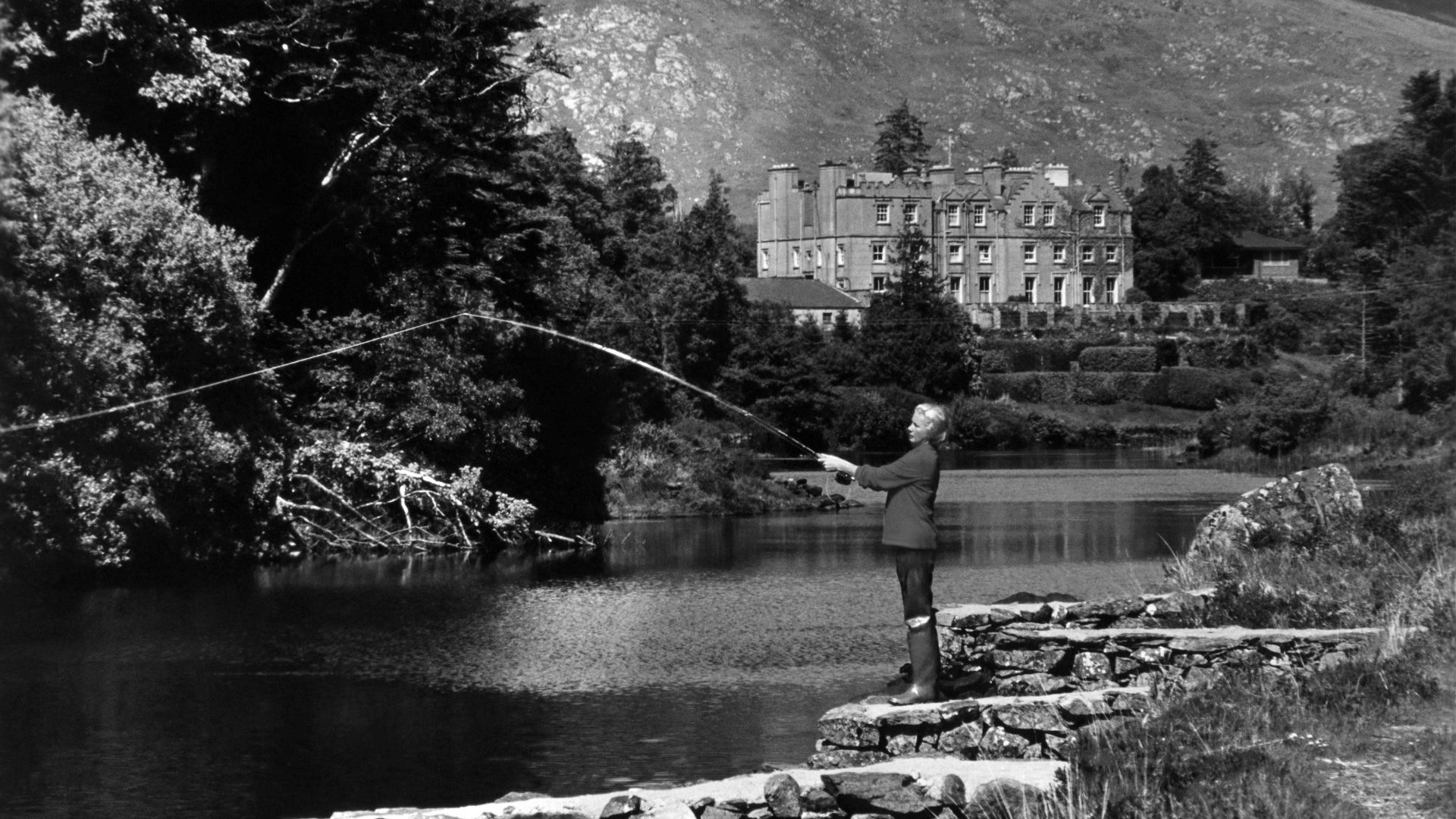If you stand on the breakwater at Bude and look out to the horizon, you are staring out into the Celtic Sea, that rough, churning gateway to the Atlantic Ocean. The waves there can get pretty big, and the history of that stretch of coast is of storms, shipwrecks, and the bodies of sailors washed up on the strand.
Nowadays those waves attract shoals of surfers. The beginners stay close to the shore, while the experts go a few hundred yards further up the beach to a spot where the swell is big and the rocks jut from the water like teeth. You need to be pretty good to surf there.
In the 1970s and 80s holidaymakers in Bude knew there was one rule – when you went in the sea you kept your mouth shut. But kids never understand these things, or perhaps they just don’t listen in the first place.
Generations of excited children – and adults – ran straight into the sea, only to be hit square in the face by an Atlantic roller that force-fed them a substantial dose of seawater. And at that point, they had become a candidate for the Bude Bug.
I don’t know how many weeks, months, or years’ worth of holiday days were lost to the Bude Bug, but it must have been a lot. There’s no need to go into the effect it had, but it’s enough to say the results were pretty explosive. Everyone else would be down at the beach while you were left green, and curled up in a ball of misery, a bowl by the side of the bed.
And even though Cornwall is known for its shellfish, you never, ever ate the Bude mussels, even though they grew as thick as a carpet on the rocks down by the sea pool. If they’d been brought up from the south, say, from the Fowey estuary, that was fine.
But the local ones – don’t even think about it, and especially not the ones below the breakwater on Efford beach. Never those. Because that’s where the outlet pipe was.
The problem with the pipe was that it was too short. The effluent that was being pumped into the sea wasn’t being pumped far enough out, and all that grim discharge would gradually bob its way back towards the beach. It got to the point where people were even boiling the tap water. Eventually it got so bad that a decision was made to tackle the problem. The solution? To make the pipe longer – which wasn’t really much of a solution at all.
Things did improve though, and the water in the taps is fine now. But outlet pipes have recently come back into the news.
In early October, the Bude & Stratton Post reported that local water quality on the beaches had undergone a “sharp decline”, with increased levels of bacteria including “E coli and Intestinal Enterococci” found in seawater samples. That’s a scientific euphemism for “human and animal shit”.
There have been other unnerving incidents, for example back in 2022 when Defra issued a pollution warning, advising people to stay out of the water all the way from Bude round to St Austell. It seems the problem is no longer confined to Bude Bay.
But I’ll still go in the water. The Bude sea pool can be a bit chilly in November, but it’s a beautiful thing to float in there, looking up at the cliffs.
A few years ago the council wanted to shut that sea pool – what were they thinking? A local campaign saved it.
Why do so many authorities have such a functional, uncaring attitude towards water? On an island like ours, we are drawn to the water – to the sea. We love it. We depend on it. And the way to protect it isn’t simply by building a longer pipe.
Jay Elwes is deputy editor of the New European




